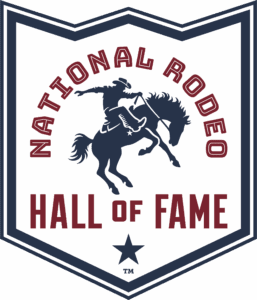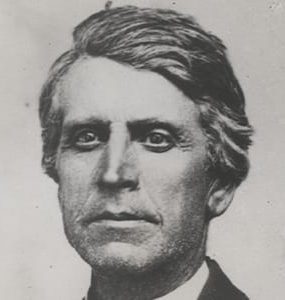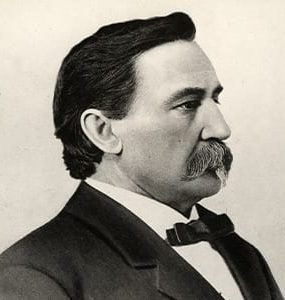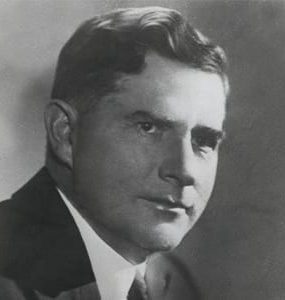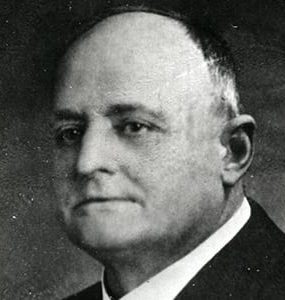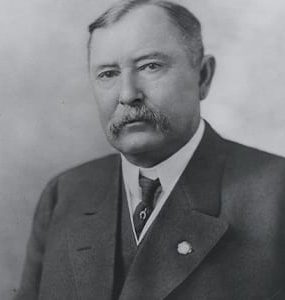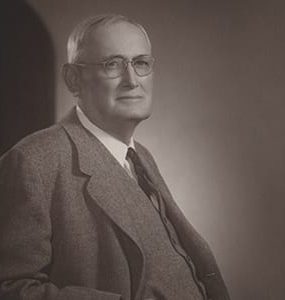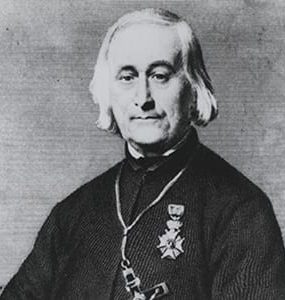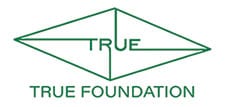Bio
Nathan Cook Meeker (1817–1879) was an American journalist, homesteader, entrepreneur, and Indian agent best known for founding the Union Colony in present-day Greeley, Colorado, and for his death during the Meeker Massacre. Meeker initially pursued a career as a writer, contributing to various publications and working as a war correspondent during the Civil War. He was heavily influenced by utopian ideals, which led him to establish the Union Colony in 1870, a cooperative agricultural community based on Christian and communal values. The colony faced difficulties, including water shortages, and ultimately fell short of Meeker’s vision.
In 1878, Meeker was appointed U.S. Indian agent at the White River Indian Agency in Colorado. Lacking experience with Native Americans, Meeker sought to impose agricultural practices and “civilized” customs on the nomadic Ute people, which led to escalating tensions. Meeker’s efforts to force the Utes to adopt farming, combined with withholding supplies, provoked resistance. The situation culminated in the Meeker Massacre on September 29, 1879, during which Ute warriors killed Meeker and his staff and took his wife and daughter hostage.
Following the massacre, the U.S. military intervened, and Congress passed legislation forcing the Utes from Colorado. Meeker’s legacy is memorialized through the town of Meeker, Colorado, and Mount Meeker, named in his honor.


